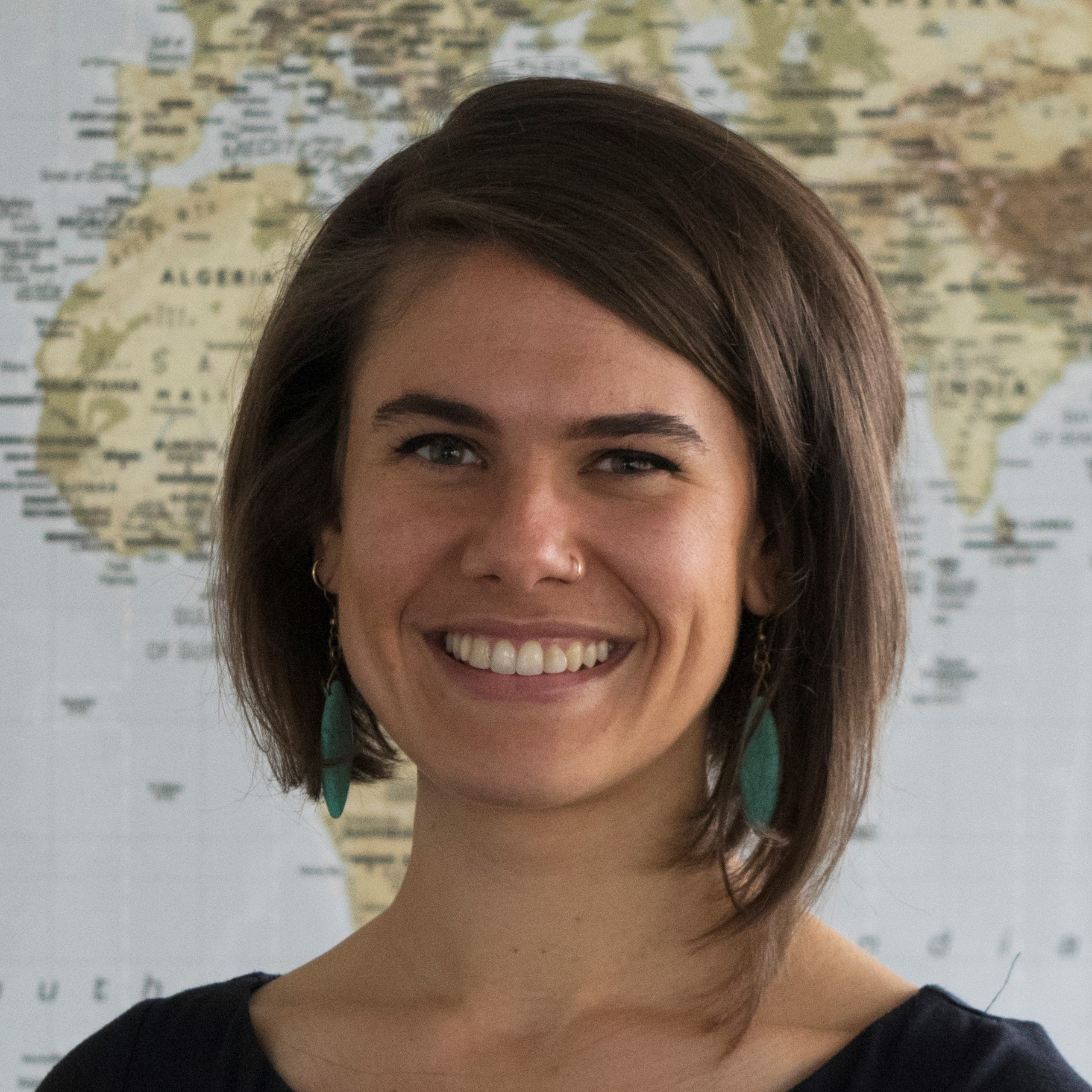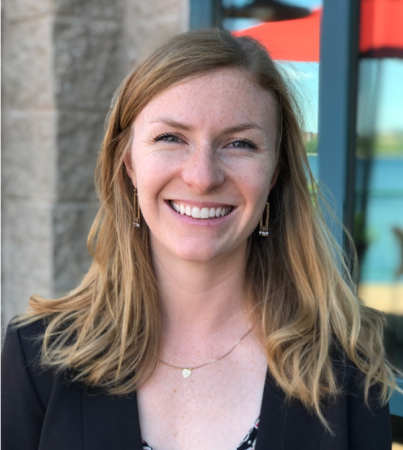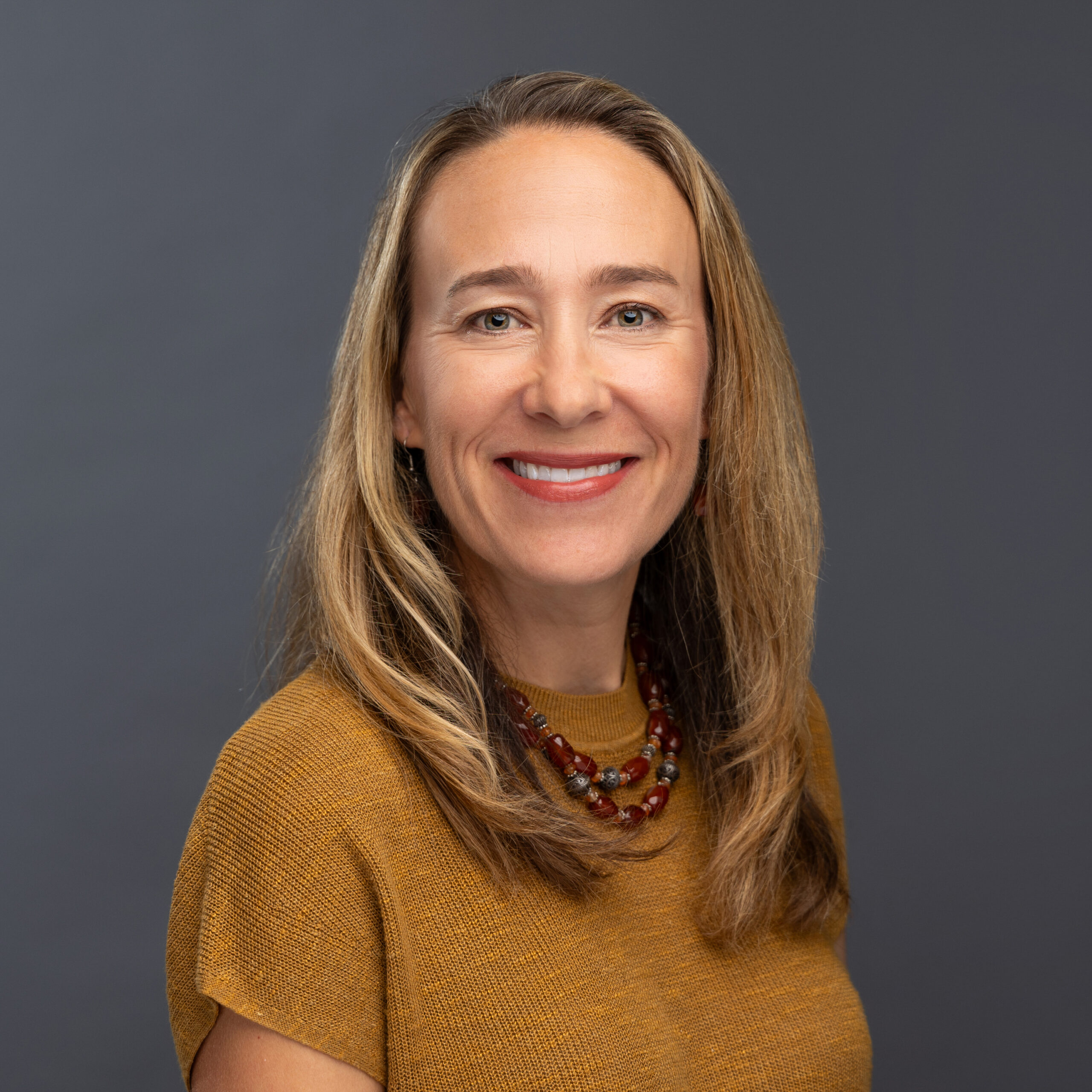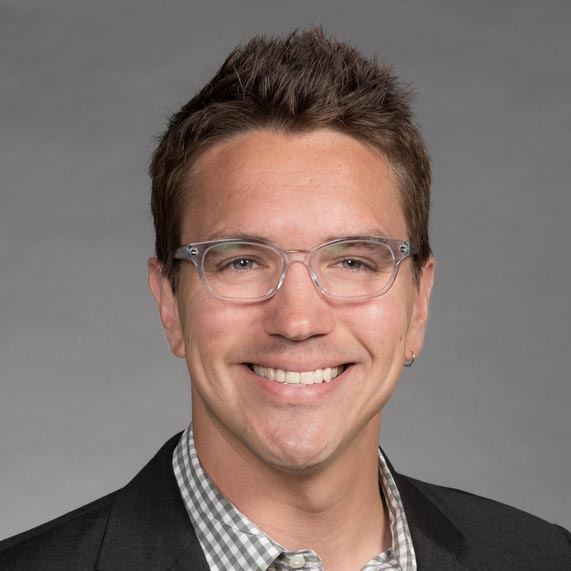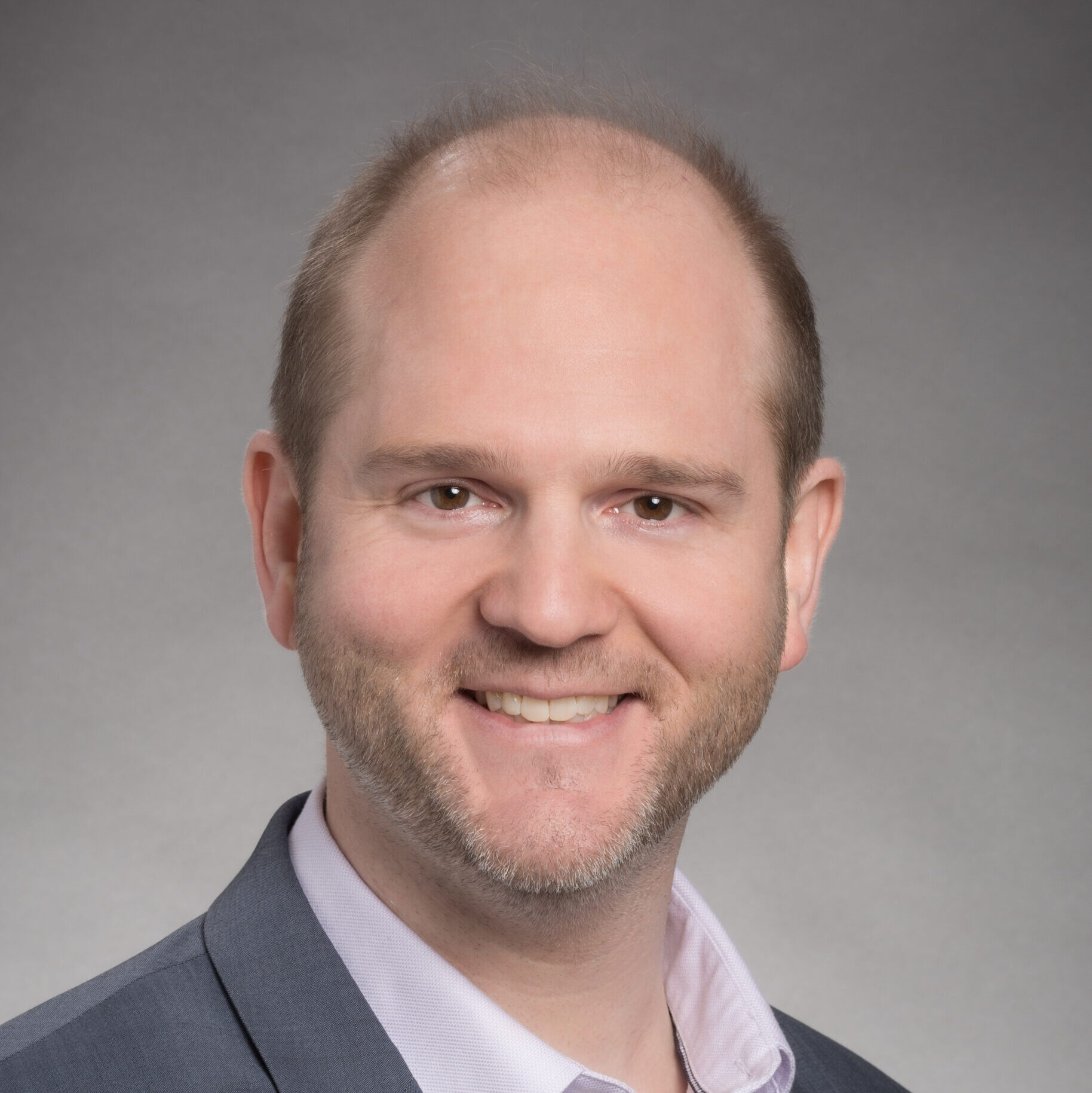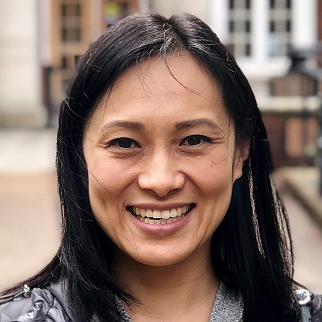Post-doctoral fellowship funding has been awarded to Dr. Jess Long by the National Institutes of Health to work with mentor Dr. Scott McLelland on "Pre-post study of an audit and feedback intervention to reduce intrapartum stillbirth in Mombasa, Kenya".
Abstract:
Stillbirth disproportionately affects those in low-resource settings, with 10-fold higher stillbirth rates in low-income countries compared to high-income countries. This disparity is due in part to gaps in health care delivery; even facilities that are equipped to provide comprehensive emergency obstetric and newborn care (CEmONC) often fail to delivery care quickly and effectively. A third of intrapartum stillbirths (those occurring after the onset of labor) could be prevented through improved labor and delivery management and use of interventions that are known to be efficacious (e.g. cesarean sections).
In this proposal, we aim to assess if an audit and feedback intervention designed to improve quality of care can reduce the rate of intrapartum stillbirth in a CEmONC hospital in a low-resource setting. The aims of this proposal are: 1) to identify health systems factors associated with intrapartum stillbirth that could be addressed by modifying provider behavior; 2) to conduct a pre-post study using interrupted time series analysis to determine if rates of stillbirth are reduced after implementation of an audit and feedback intervention; and 3) to determine the incremental cost and budget impact of the audit and feedback intervention.
The proposed research will use both quantitative and qualitative methods to assess the impact of the audit and feedback intervention on both process indicators (e.g. changes in care delivery) and intrapartum stillbirth rates. Audit and feedback is a flexible approach that allows for context-specific factors to be considered and addressed. If found to be effective and low-cost, this approach could be expanded to other CEmONC facilities in sub-Saharan Africa as a cost-effective means of lowering stillbirth rates.
To conduct this work, the candidate will receive training at the University of Washington, which is a world leader in implementation science research. Her training plan will include a combination of field experience, coursework, supplementary training, and mentorship in implementation science, interrupted time series analysis, and cost analysis. The fellowship will also provide ample opportunities for the candidate to publish original research, present work at international conferences, develop a professional network, and gain experience with grant writing. This set of skills will put her on a path toward a career as an independent investigator.
Sponsor Award Number: 1F32HD100070-01
TB PrEP – Integrating HIV prevention with TB household contact evaluation
Jennifer Ross, MD, MPHContinue reading→
Addressing Clinician Bias to Improve Equitable Implementation of Evidence-Based Practice
Freda Liu, PhD & Aaron Lyon, PhDContinue reading→



